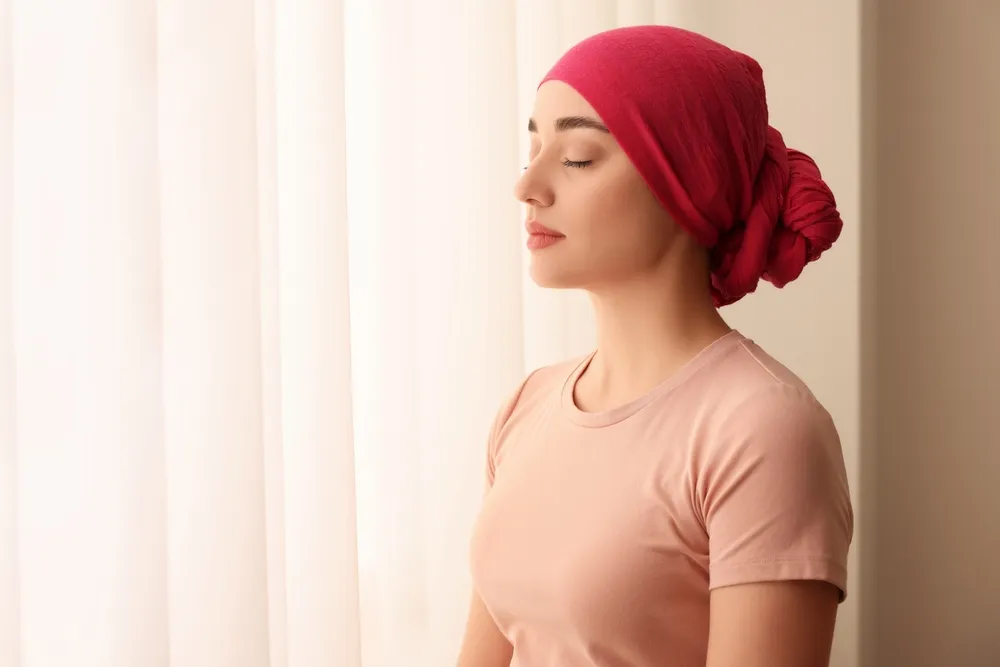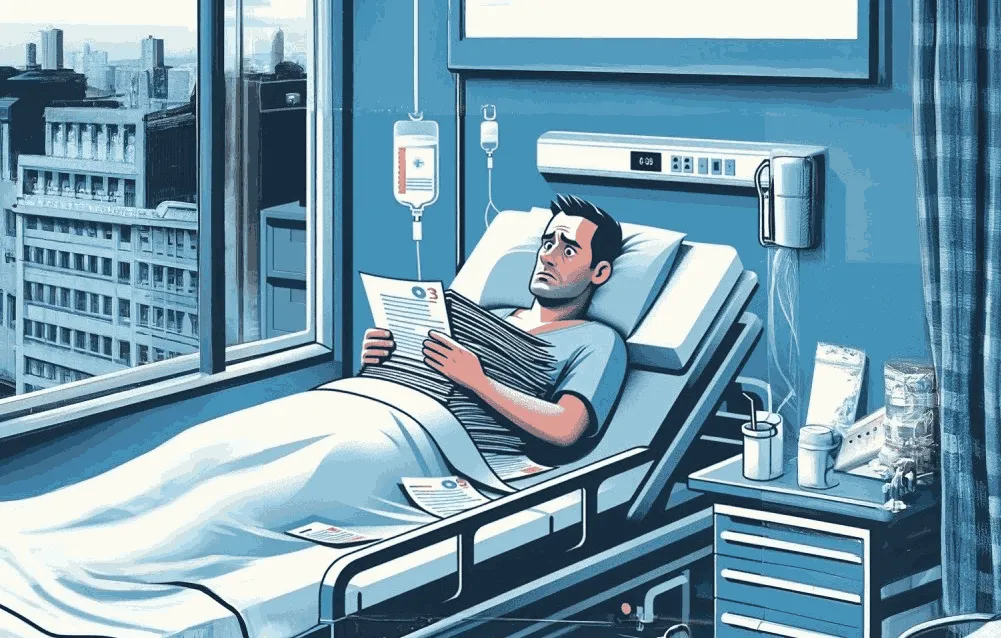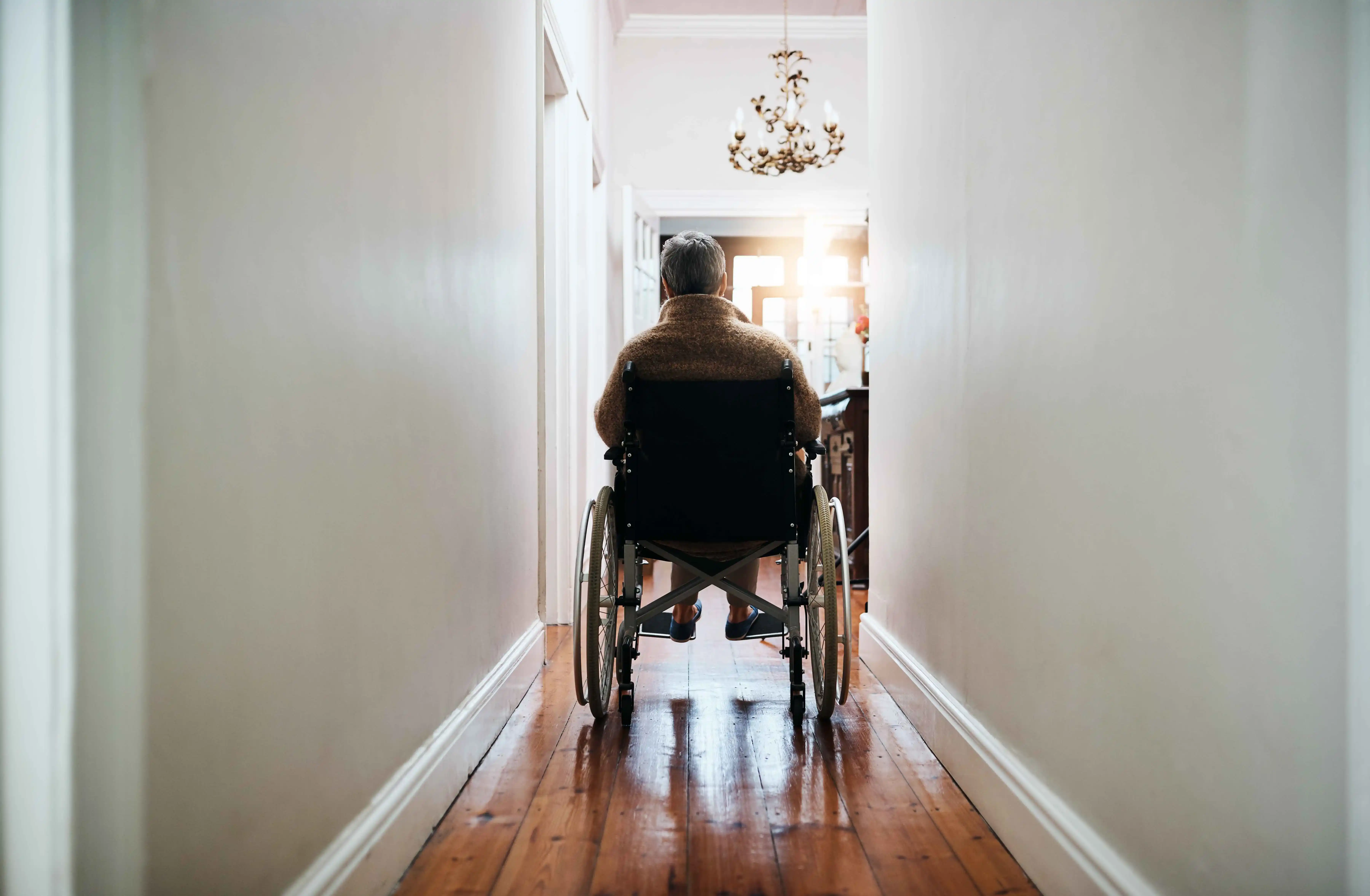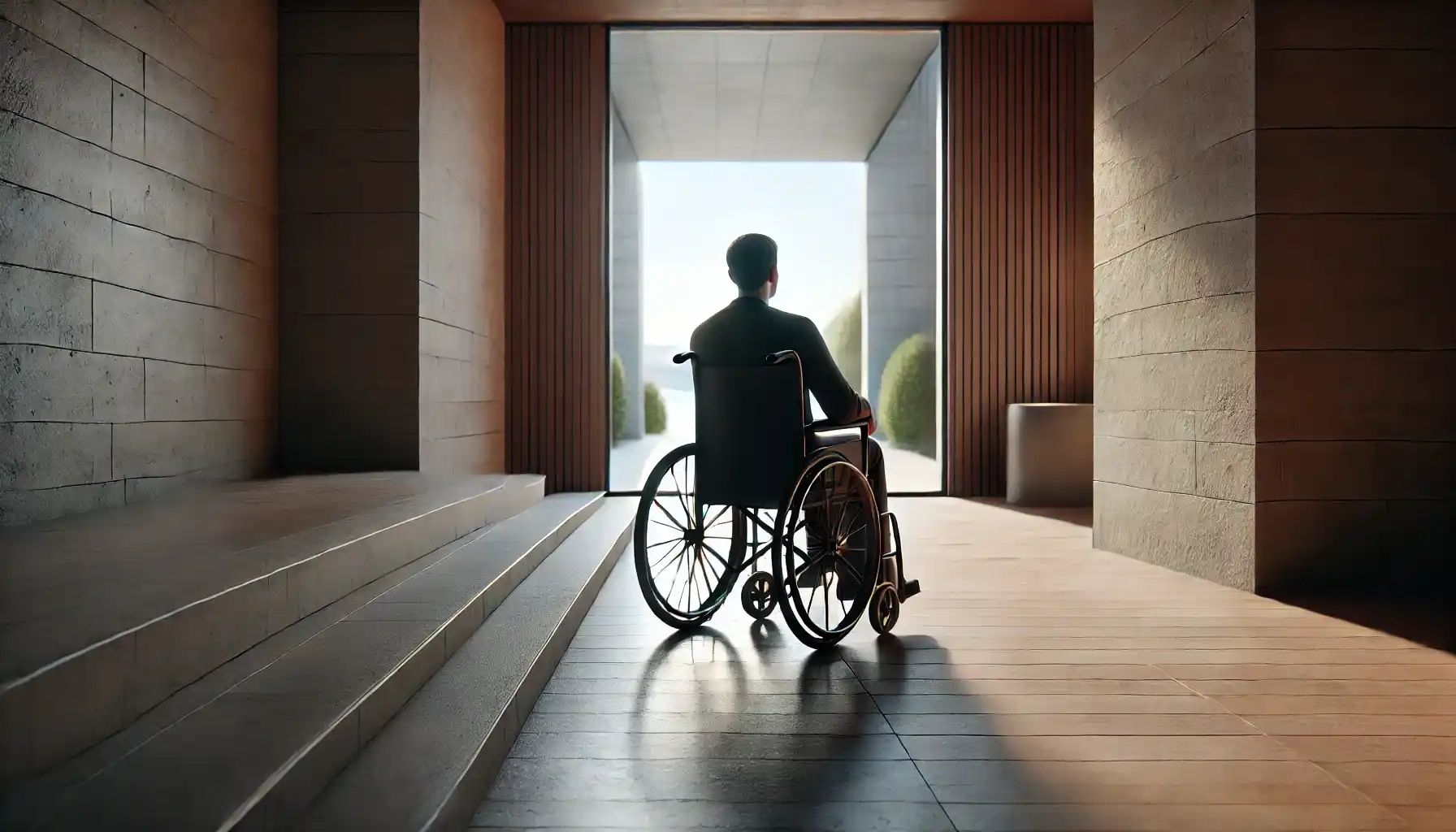What Is Cancer Insurance?
Cancer insurance is a specialized form of insurance coverage designed to support individuals diagnosed with cancer. Unlike traditional health insurance, which might only cover specific medical expenses, cancer insurance typically provides a lump sum payout upon diagnosis. This payout can be used to cover a range of cancer-related expenses, offering greater flexibility in managing treatment costs and post-treatment care.
The primary advantage of cancer insurance is that it helps mitigate the financial impact of cancer treatment, which can be quite substantial. With medical bills mounting from surgeries, chemotherapy, and radiation therapy, having this coverage can reduce stress and enable patients to focus on their recovery.
Understanding Critical Illness Insurance
While cancer is a major health concern, it's not the only critical illness that can create financial difficulties. Critical illness insurance extends beyond just cancer coverage, encompassing a range of severe illnesses such as heart attacks and strokes. This type of insurance provides a lump sum payment if the policyholder is diagnosed with a covered critical illness.
The versatility of critical illness insurance is what sets it apart. Depending on the policy, it can cover numerous life-threatening conditions, not just cancer. For many Filipinos, having both cancer insurance and critical illness insurance offers a comprehensive financial safety net against major health events.
Why Cancer Insurance and Critical Illness Insurance Matter
Dealing with a critical illness is not just a physical battle—it’s an overwhelming financial one too. The cost of care for life-threatening diseases, including hospital stays, surgeries, medications, and post-treatment rehabilitation, can quickly deplete savings.
In the Philippines, healthcare costs are continuing to rise, making it difficult for families without insurance to bear the expenses of severe illnesses. With cancer insurance or critical illness insurance, Filipinos can receive financial support that allows them to focus on getting the best treatment possible without the added pressure of excessive medical bills.
These types of insurance act as a safety net, providing funds to cover out-of-pocket medical expenses, alternative treatments, or even non-medical costs such as transportation and living expenses while undergoing treatment.
What Does Oona Cancer Insurance Cover?
When considering cancer insurance options, it’s important to understand that not all policies function the same way. In the case of Oona Cancer Insurance, the product provides a lump-sum payout upon diagnosis, which is different from traditional health insurance that reimburses specific medical expenses like hospitalization, surgery, or medications.
With Oona Cancer Insurance, the insured receives a pre-determined lump-sum amount once diagnosed with cancer. This lump sum can be used at the discretion of the policyholder, offering flexibility to cover whatever costs may arise during cancer treatment. This could include medical treatments, personal expenses, or even non-medical costs, providing the financial freedom to use the funds in whatever way is most needed during recovery.
What Makes Lump-Sum Cancer Insurance Valuable?
Lump-sum payouts, like those provided by Oona Cancer Insurance, offer several advantages:
- Financial Flexibility: Rather than being restricted to certain medical costs, the lump sum can be used for any need—whether it's to cover the cost of alternative treatments, daily living expenses, or even household bills during treatment.
- No Need for Receipts: Unlike traditional insurance where you may need to submit claims for every expense, the lump-sum payment allows you to manage your finances without the burden of paperwork or waiting for reimbursements.
- Immediate Access to Funds: Once a diagnosis is confirmed and the claim is approved, the payout is released, ensuring that funds are available when you need them most.
This type of coverage is particularly useful for individuals looking for a more hands-off approach to dealing with insurance claims. Oona’s focus is on giving customers financial resources without complicated claims processes, so you can focus on your recovery instead of navigating a maze of paperwork..
Additionally, pre-existing conditions and certain types of cancer might not be covered under the policy, so it’s essential to review the policy details thoroughly before purchasing.
Why Choose Oona Cancer Insurance?
If you're looking for straightforward, hassle-free coverage, Oona Cancer Insurance is designed to provide financial support without the complex and often stressful process of submitting individual claims for each expense. Instead, Oona gives you the freedom to decide how the lump-sum payout will be used based on your personal needs and priorities after a diagnosis.
This flexibility can be particularly beneficial for individuals who may face non-medical financial challenges during their cancer treatment, such as lost income, home modifications, or travel expenses for care. Additionally, Oona’s no-medical-exam approach makes it easier and more convenient to obtain coverage, especially if you're generally healthy with no pre-existing conditions.
The Role of Critical Illness Insurance in Broadening Coverage
While cancer insurance is crucial, pairing it with critical illness insurance gives policyholders more extensive protection. This combination ensures that, beyond cancer, other critical illnesses such as heart attack and stroke are also covered.
The critical illness insurance payout can be used for various purposes, such as:
Funding private care for quicker treatment.
Covering household expenses while recovering from a major illness.
Paying for home adaptations if necessary for recovery.
Given that multiple diseases can significantly impact one’s financial situation, having both policies ensures that no matter what health challenge arises, you’ll have the funds to manage the situation.
Waiting Periods: When Does Coverage Start?
One aspect of cancer insurance that potential buyers should be aware of is the waiting period. Most insurance providers enforce a waiting period from the time of purchase until the policy becomes active. This waiting period can range from 30 to 180 days, depending on the insurer.
It’s important to review the specifics of your policy carefully to understand when your coverage begins and if any illnesses are excluded during the waiting period.
When Is the Best Time to Get Cancer Insurance?
The ideal time to purchase cancer insurance or critical illness insurance is as soon as possible. Getting insurance while you're still young and healthy not only ensures lower premiums but also gives you protection before any unforeseen diagnosis. Once diagnosed with a serious illness, it’s nearly impossible to secure coverage for that condition.
For many insurers, the age eligibility for cancer and critical illness insurance ranges from 18 to 65. However, younger policyholders typically benefit from lower premium rates, so starting early is always beneficial.
Do I Need a Medical Examination to Apply?
A common question when considering cancer insurance or critical illness insurance is whether a medical exam is necessary. The answer varies depending on the insurer. Many companies require a medical evaluation, especially for older applicants or those with pre-existing health conditions.
However, there are some insurers, like Oona Insurance, that offer coverage without requiring medical exams, making it easier and faster to get insured if you're generally healthy.
Comparing Premiums: How Much Does Cancer Insurance Cost?
The cost of cancer insurance and critical illness insurance can vary widely depending on several factors:
Age: Younger individuals generally pay lower premiums.
Health Status: Applicants with pre-existing conditions or a history of illness may face higher premiums.
Coverage Amount: The larger the payout you want, the higher the premium.
Policy Type: Different policies cover different critical illnesses, which can affect the overall cost.
It’s recommended to compare policies from different insurers to find the best coverage for your budget.
Conclusion
Investing in cancer insurance and critical illness insurance is a smart decision for any individual or family in the Philippines. These insurance policies offer not only financial relief but also peace of mind, knowing that if the unthinkable happens, you’ll have a financial cushion to help cover the costs.
Whether it’s battling cancer or another critical illness, these insurance plans ensure that you can access the best medical care without worrying about how you’ll pay for it. Start exploring your insurance options today and protect yourself and your loved ones against life’s unexpected challenges.





















